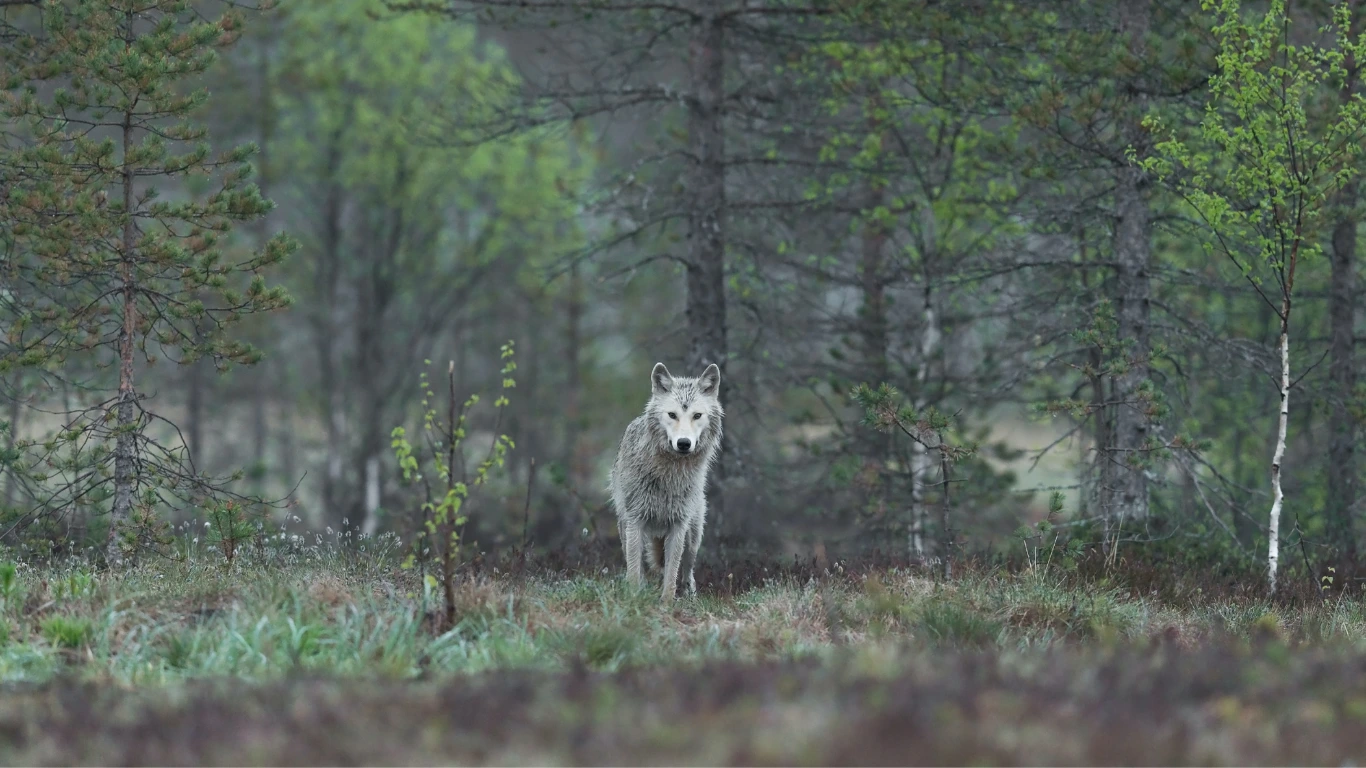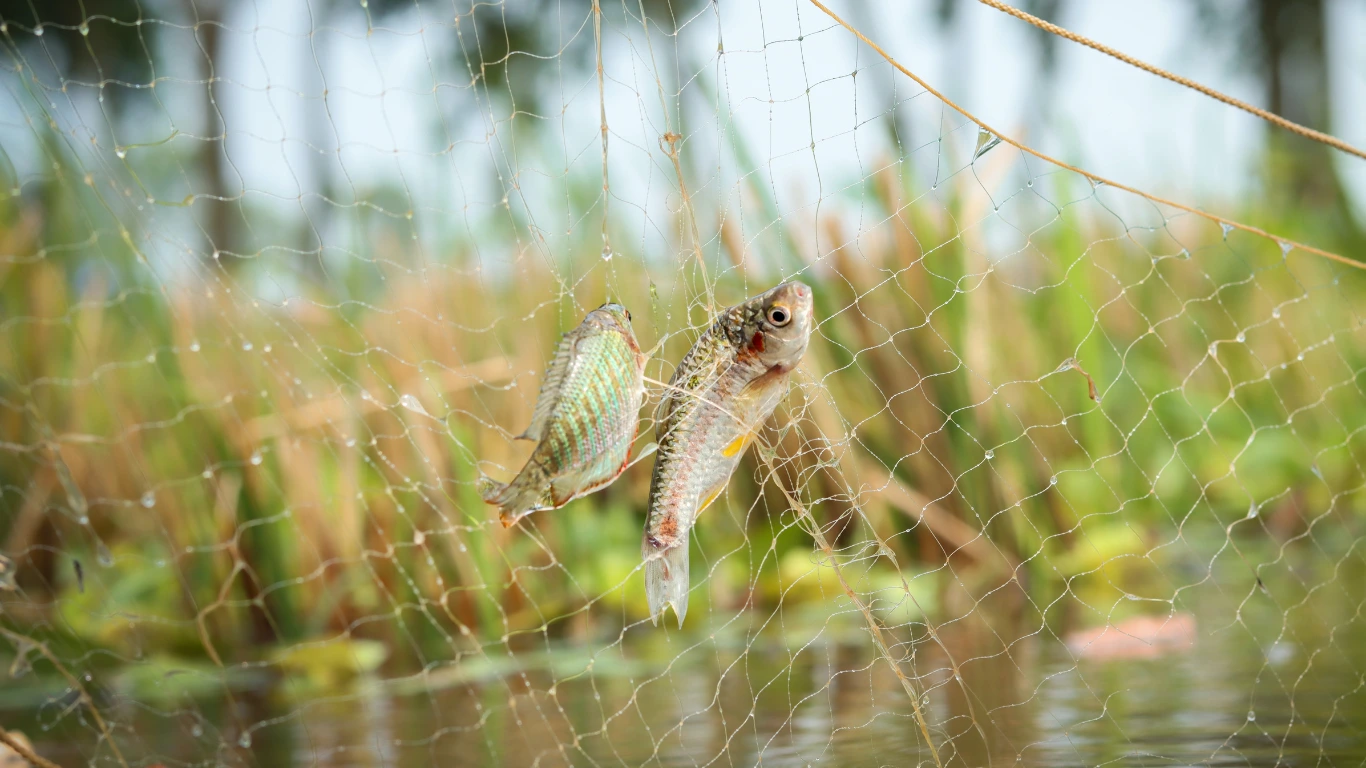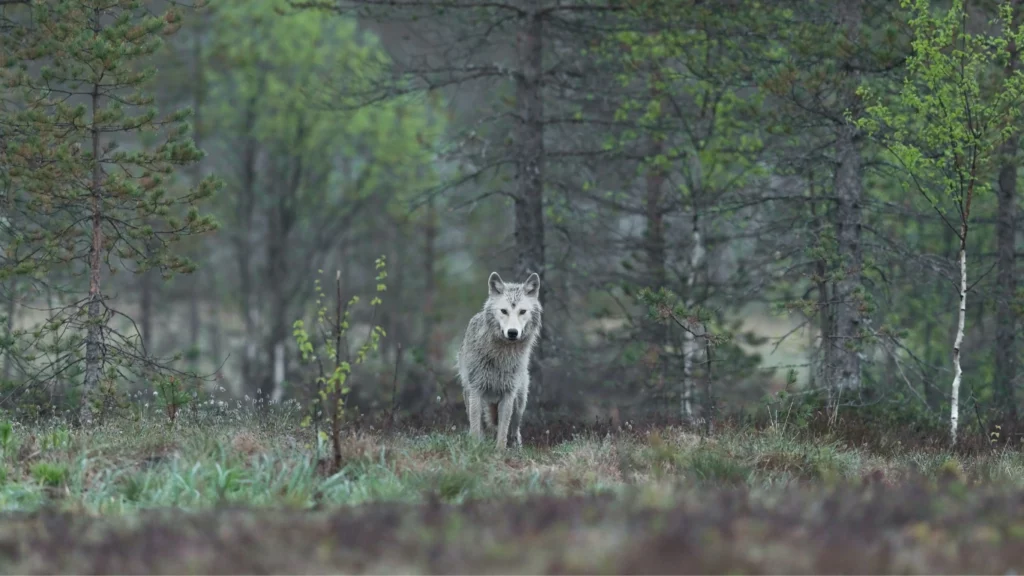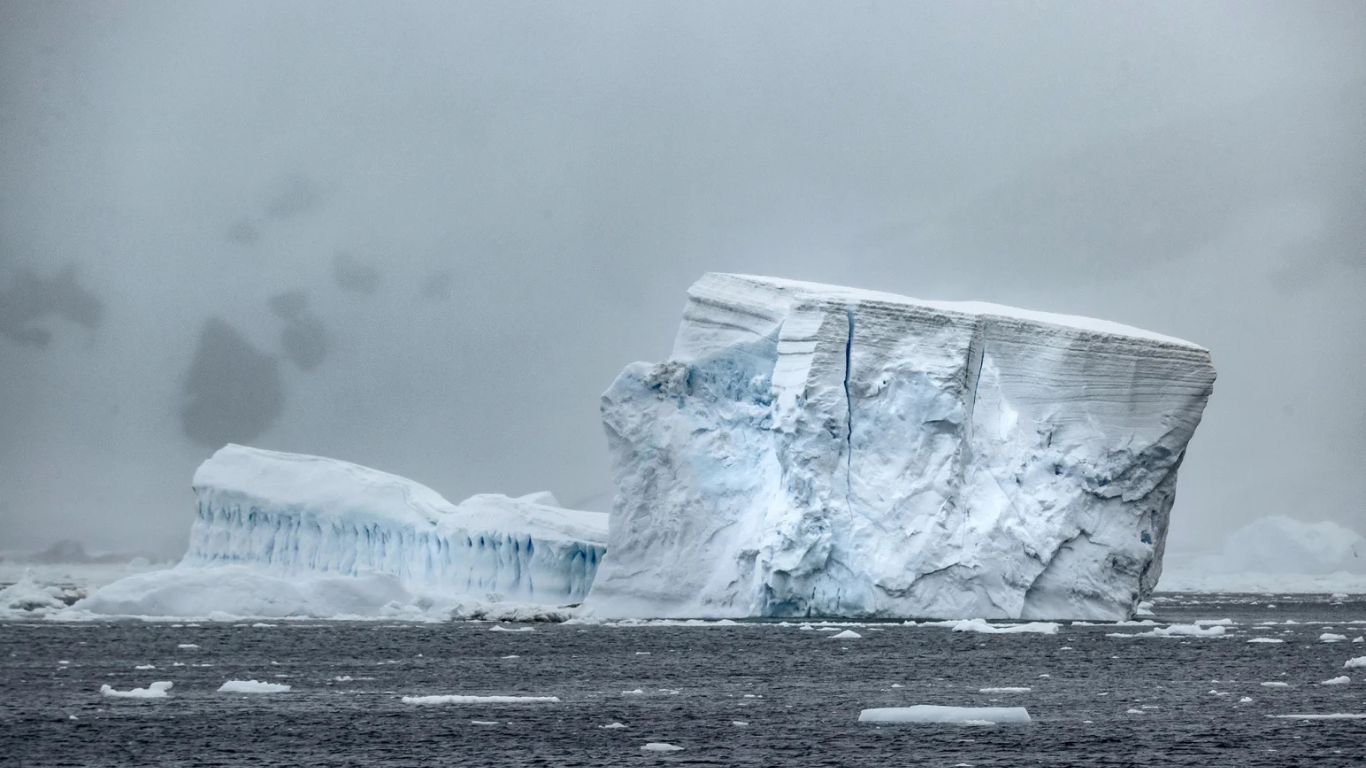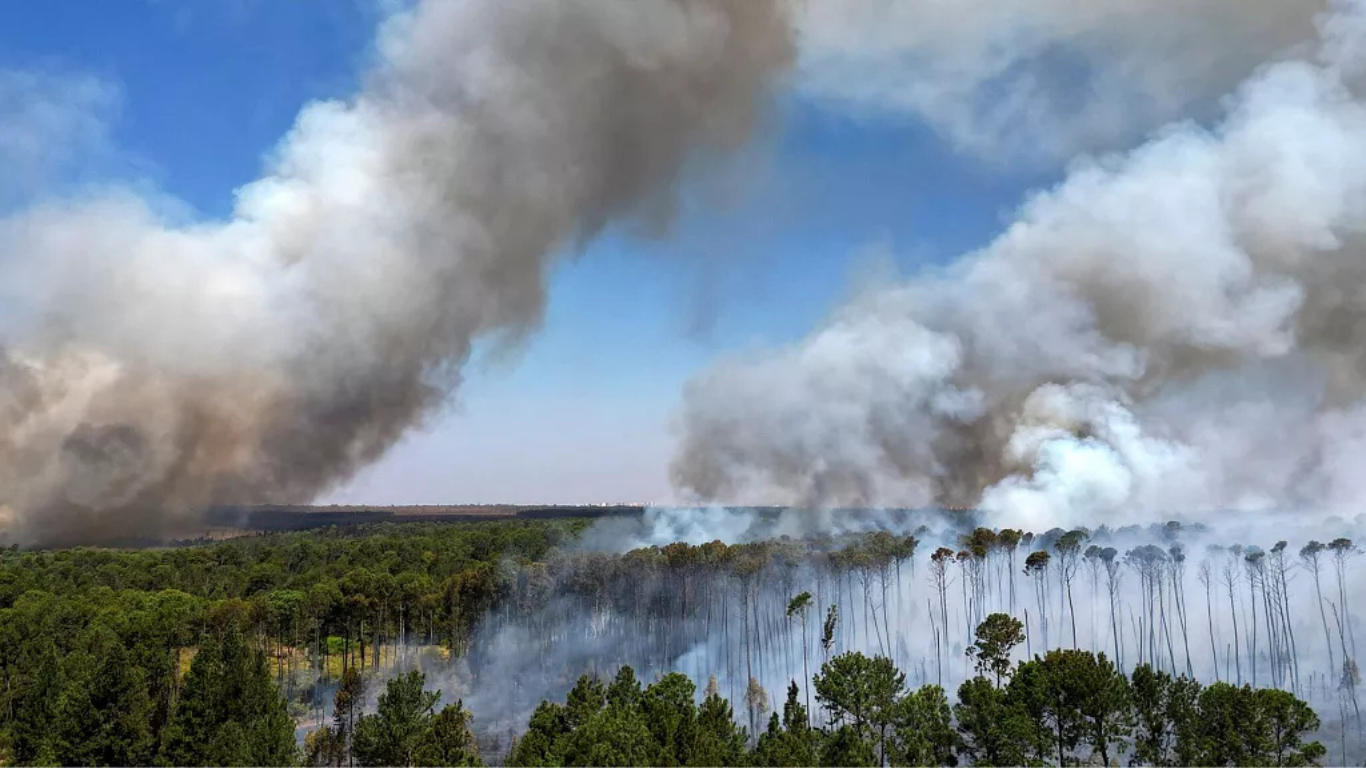Written by Ajit Niranjan
Originally published by The Guardian (Wed, Jul 12, 2023)
MEPs back law to place recovery measures on 20% of EU’s land and sea by 2030 by dozen votes
The EU has narrowly passed a key law to protect nature – a core pillar of the Commission president Ursula von der Leyen’s European Green Deal – after months of fiery debate and an opposition campaign scientists criticised as misleading.
The nature restoration law will place recovery measures on 20% of the EU’s land and sea by 2030, rising to cover all degraded ecosystems by 2050.
Lawmakers decided against “killing the bill” by only a dozen votes in Strasbourg on Wednesday but watered it down on several points. They will send the proposal back to an environment committee before thrashing out details with member states.
“It’s a huge social victory,” César Luena, a centre-left MEP from Spain in charge of the proposal, told reporters. “This is a law on behalf of nature. It’s not a law against any person whatsoever.”
Nature is dying faster than humans have ever known, a landmark scientific assessment found in 2019, driven by climate change, pollution and the way people exploit the land and sea. The restoration law aims to reverse this trend and help the bloc hit biodiversity targets it has previously failed to meet.
Opposition from the European People’s party (EPP), the centre-right group to which Von der Leyen belongs, nearly sank the proposal outright. Together with the rightwing European Conservatives and Reformists, the far-right Identity and Democracy group and parts of the market-liberal Renew group, the EPP argued the law would hurt food security and punish producers reeling from the pandemic and energy crisis.
“Less land for farmers, less sea for fishermen, less activity for businesses, and fewer European products and jobs for our citizens,” said Rosanna Conte, an Italian MEP from the Identity and Democracy group, during a heated debate on Tuesday. “These are the heavy repercussions of the proposals contained in a regulation permeated with ideology and counterproductive for nature itself.”
Scientists have rejected the claim that restoring nature is bad for food and the economy.
An open letter signed by 6,000 scientists said opponents of the law “not only lack scientific evidence, but even contradict it”. They highlighted studies showing that restoring nature would improve food security, help fisheries, create jobs and save money.
“We are systematically hearing misinformation,” said Guy Pe’er, a conservation biologist at the Helmholtz-Centre for Environmental Research, who was first author of the letter. “Lobby organisations can generate as much misinformation as they want. But when policymakers are going against the science, we need to step in.”
Europe’s nature is in bad health. More than 60% of its soils are unhealthy and 81% of habitats in poor condition. A recent study found the abundance of farmland birds has halved in the past 40 years.
Pe’er said it was unclear if even the dinosaurs died out that fast. He added: “Forty years is an extremely short time. In evolutionary terms, it’s the speed of a meteorite falling on us”.
The day before the vote, farmers drove tractors to the European parliament and told MEPs to vote against the bill, while climate protesters including the Swedish activist Greta Thunberg urged them to support it.
Green groups criticised changes in the approved text that cut a proposal to restore agricultural ecosystems and added a line to delay implementation of the law until after a formal assessment of Europe’s food security.
Peter Liese, an EPP lawmaker from Germany, said: “It is astonishing that even the Greens are celebrating this weakened version of the nature restoration law as a victory.”
The law had previously been rejected by the European parliament’s fisheries and agriculture committees. A third committee, in charge of environmental issues, found no majority in favour of it after a tied vote.
Farmers and fishers said the law demanded too much and did not clarify who would pay.
The EU wants fishers decarbonise the fleet and protect the environment using existing funding, said Daniel Voces de Onaíndi, the managing director of the fishing lobby group Europêche. “We want to implement this in a fair manner in the EU – and not with an environmental hammer.”
Copa Cogeca, the farming lobby, praised last-minute changes to the agricultural side of the proposal but said the law remained “fundamentally ill-prepared, lacks a budget and will remain unimplementable for farmers and forest owners”.
Shortly before the vote, a handful of conservative lawmakers said they would break with their party line in favour of an amended version of the law.
“I cannot in good conscience, good faith, vote against this law,” said Frances Fitzgerald, an Irish MEP and the vice-chair of the EPP, in a video posted to Twitter shortly before the vote. “We should have a constructive approach.”
The EPP ran a provocative campaign against the law on social media. In the weeks leading up to the vote, the EPP tweeted that the proposed law would turn the Finnish city of Rovaniemi, which claims to be the official home of Santa Claus, into a forest.
In another tweet, it said the law would shut down two windfarms in the Netherlands. The industry lobby group WindEurope said it had spoken to experts and did not see why this would be the case.
Michael Bloss, a German MEP with the Greens, said: “The louder you scream and the more false information you spread – that is sometimes a winning strategy. But the loser, in the end, is democratic debate.”

